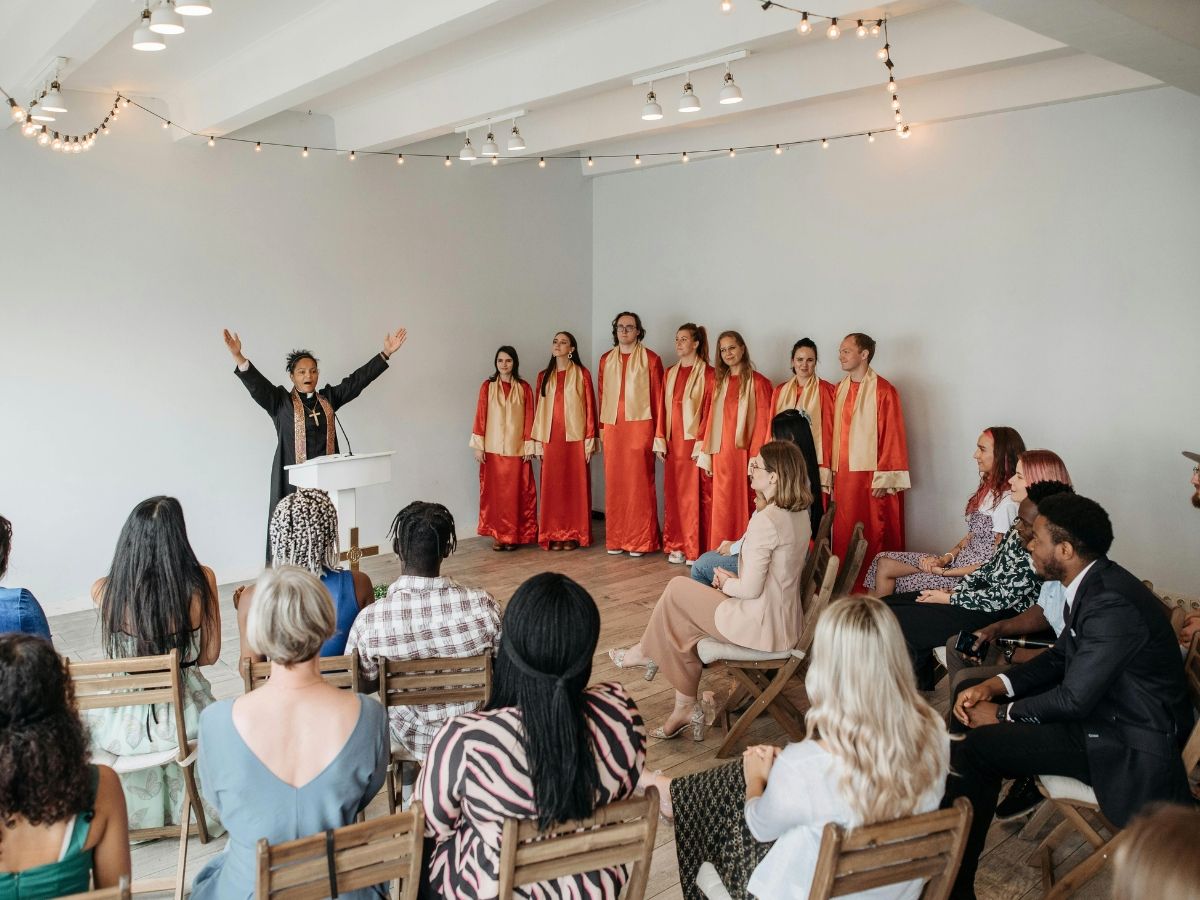
Life Satisfaction Guaranteed
Abstract:
There seemingly exists a direct connection between people’s religious attendance and their subjective well-being, but are we not overlooking a more basic and pivotal factor when we make this assessment? Dr. Speed queries whether physical capacity, mobility, and wellbeing better explain and predict satisfaction with life than the influence and practice of religious attendance. Discover the impact of self-rated health on our perception of this relationship and its implications.
About the Author: Dr. David Speed
 Dr. David Speed an Associate Professor at the University of New Brunswick in the Department of Psychology. His research focuses on challenging the commonly held belief that religion and spirituality inherently lead to better health outcomes. While numerous studies suggest that religious attendance, prayer, and religiosity are correlated with improved health outcomes, there are significant gaps and inaccuracies in the existing literature.
Dr. David Speed an Associate Professor at the University of New Brunswick in the Department of Psychology. His research focuses on challenging the commonly held belief that religion and spirituality inherently lead to better health outcomes. While numerous studies suggest that religious attendance, prayer, and religiosity are correlated with improved health outcomes, there are significant gaps and inaccuracies in the existing literature.
Through his research, Dr. David Speed highlights the lack of confirmatory evidence that being nonreligious is detrimental to health. His work indicates that atheists do not necessarily fare worse than believers, suggesting that the health benefits attributed to religion and spirituality are overstated. Dr. Speed’s research critiques the prevailing assumptions in the field and addresses the complexities of studying the growing nonreligious population.
